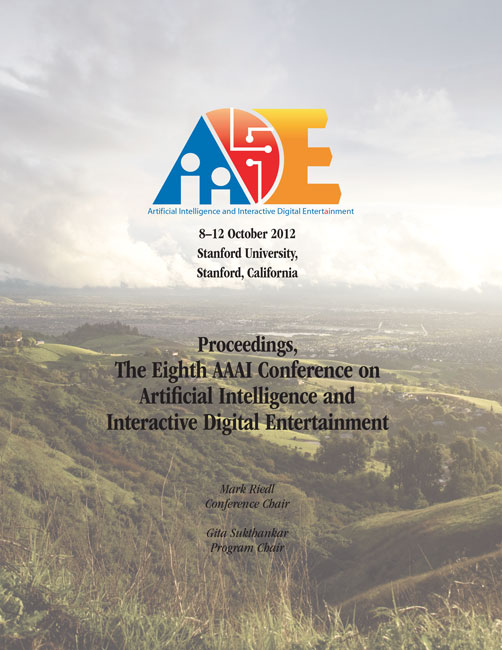Evaluating Competitive Game Balance with Restricted Play
DOI:
https://doi.org/10.1609/aiide.v8i1.12513Keywords:
games, game theory, artificial intelligence, game balanceAbstract
Game balancing is the fine-tuning phase in which a functioning game is adjusted to be deep, fair, and interesting. Balancing is difficult and time-consuming, as designers must repeatedly tweak parameters, and run lengthy playtests to evaluate the effects of these changes. If designers could receive immediate feedback on their designs, they could explore a vast space of variations, and select only the most promising games for playtesting. Such automated design feedback has been difficult to achieve, as there is no mathematical formulation of game balance that unifies many of its forms. We argue for a formulation in which carefully restricted agents are played against standard agents. We develop this restricted-play balance framework, and evaluate its utility by building a tool capable of calculating measures of balance for a large family of games. By applying this tool to an educational card game, we demonstrate how the framework and tool allow designers to rapidly evaluate and iterate on the balance of their games.

